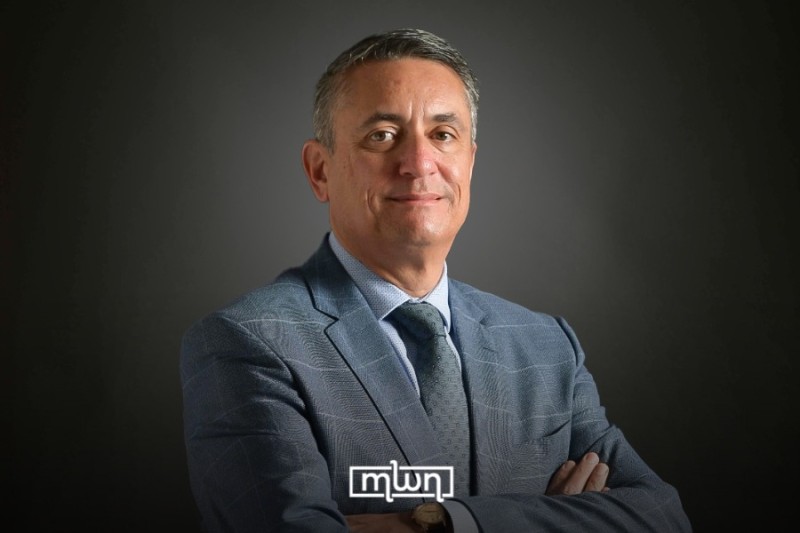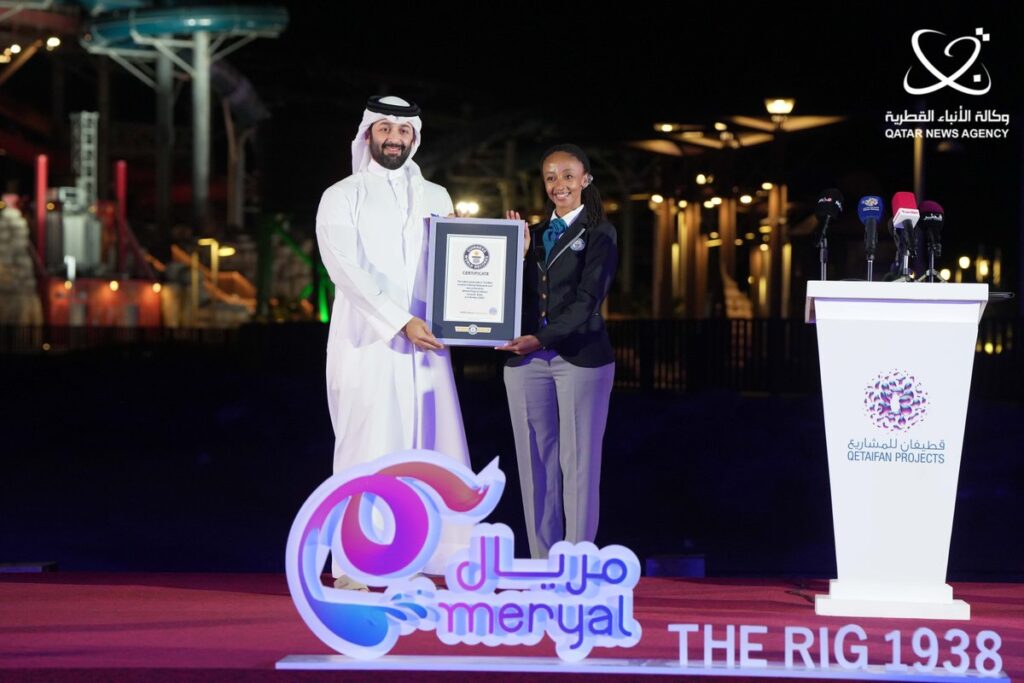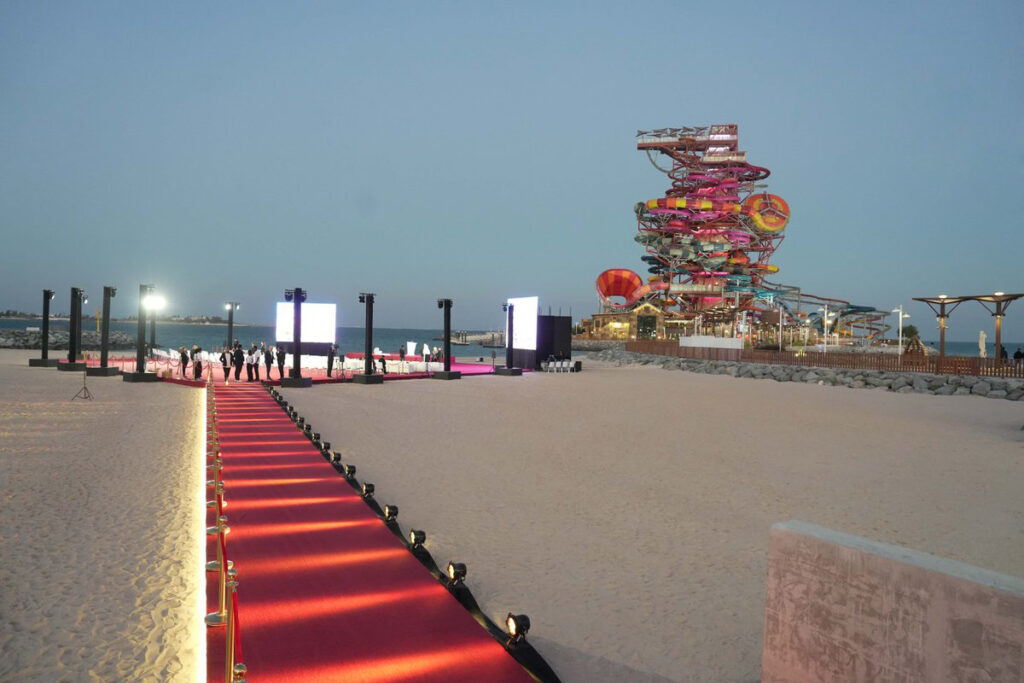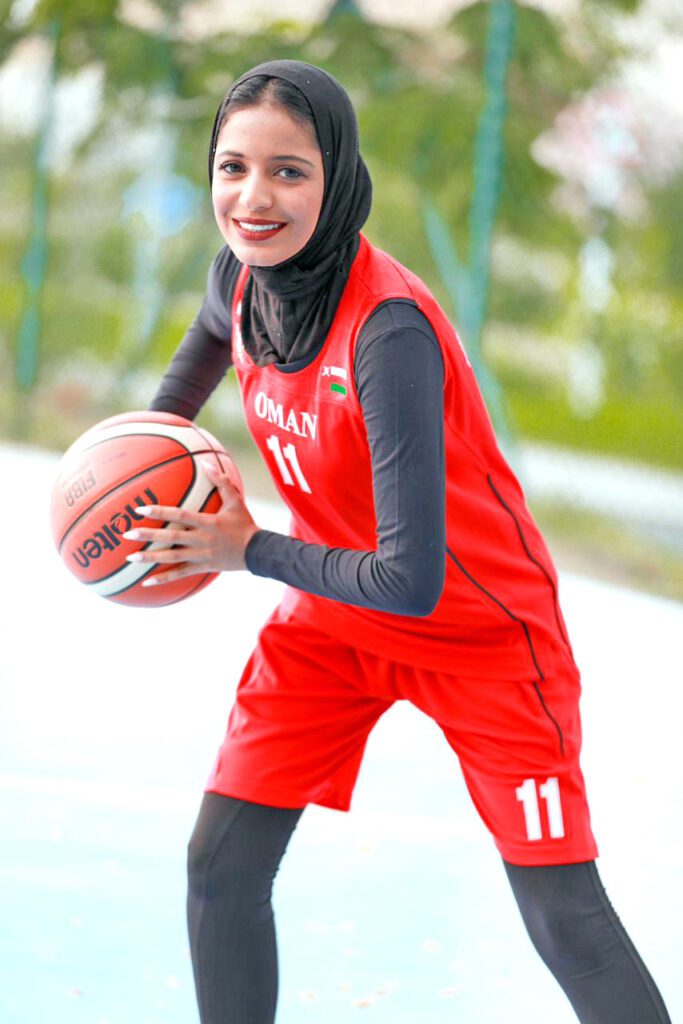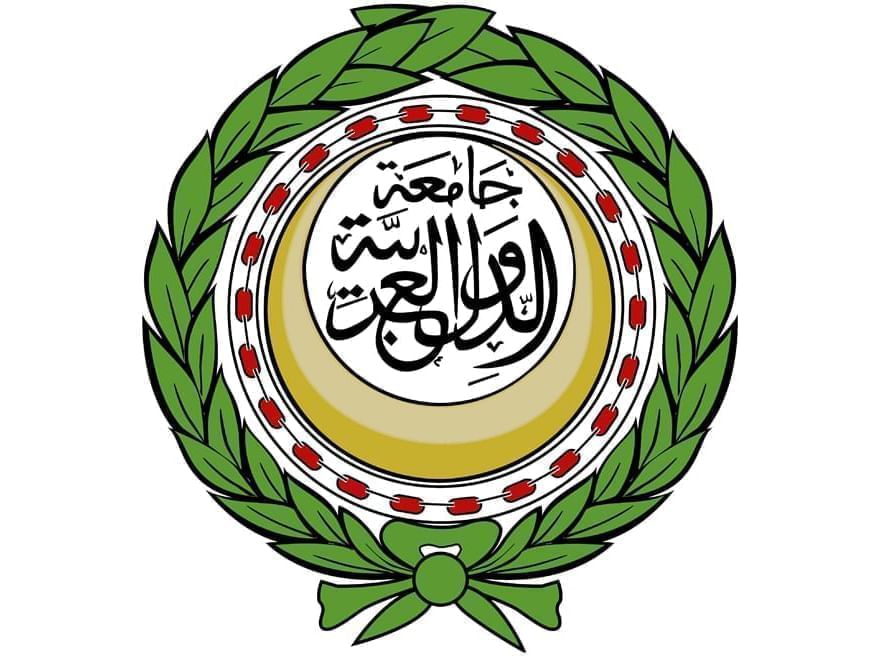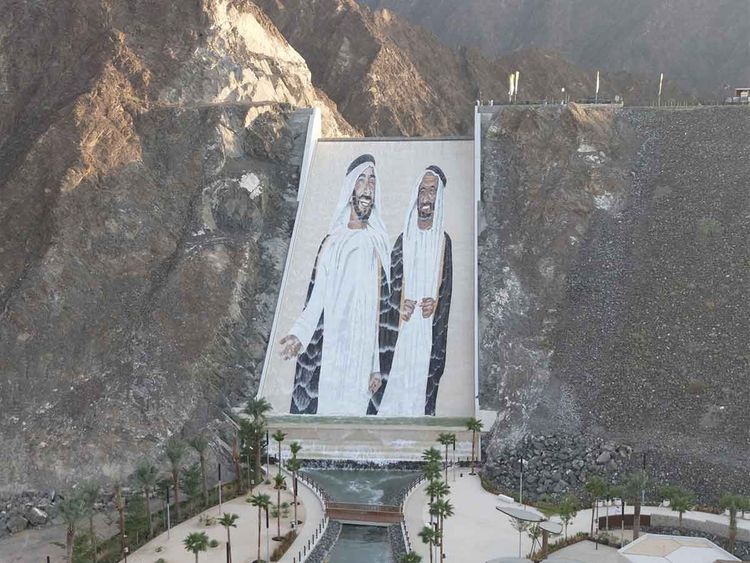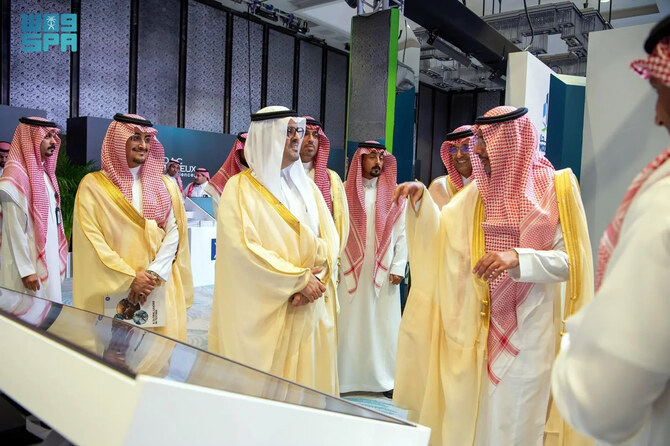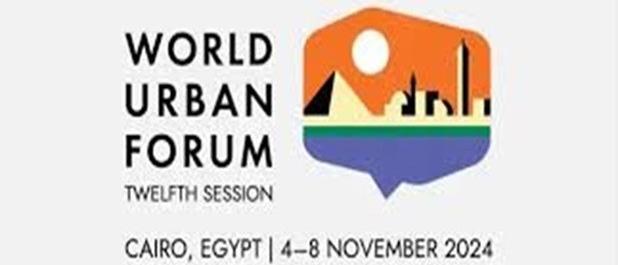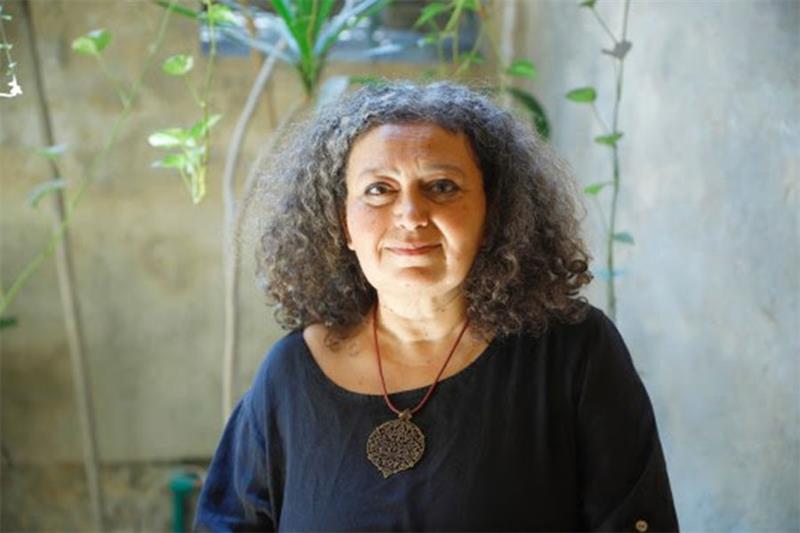Doctor in China, patient in Morocco: How world’s longest remote surgery was performed.
A French doctor in China successfully performed prostate cancer surgery on a patient in Morocco, located 12,000 kilometres away. Using a Chinese-made robot, the doctor performed the world’s longest remote surgery in just two hours.
Sitting in China, a French doctor performed prostate cancer surgery on a patient in Morocco, 12,000 kilometres away.
But how did he pull off this groundbreaking procedure?
The doctor used a Chinese-made robot to carry out the surgery.
On November 16, Youness Ahallal completed the surgery in under two hours, with a one-way latency of just over 100 milliseconds.
This intercontinental surgery has set a record for the world’s longest remote surgery ever performed, with a round-trip transmission distance surpassing 30,000 kilometres, according to Xinhua News Agency.
How was the surgery performed?
The surgery was carried out with the help of the Toumai Robot, which allowed for precise control and high-definition imaging from a remote location in real-time.
This groundbreaking procedure comes after an October surgery for a renal cyst, where the Toumai Robot helped a minimally invasive operation between Shanghai and Cotonou in Benin, with a round-trip distance of 27,000 kilometres.
In Morocco, the robotic arm followed the surgeon’s commands from Shanghai, performing the prostate tumour removal and suturing with exceptional accuracy, while ensuring the preservation of the vascular-nerve bundle and maintaining the urethra’s length.
Despite relying on a standard broadband connection instead of 5G technology, the video feed remained clear and smooth. The robot’s flexibility, precision, and stability were crucial in carrying out this high-complexity surgery, Ahallah told the news agency.
Notably, this form of remote surgery can increase access to skilled surgeons worldwide, eliminating the need for patients to travel abroad. It also provides a platform for senior surgeons to remotely guide junior colleagues in handling complex procedures.
Will remote surgery become routine practice?
He Chao, president of MicroPort MedBot, the company behind the Toumai Robot, told Xinhua news agency that this remote technology is set to bring “disruptive changes to future medical services.”
“Our goal is to make remote surgery a routine practice.”
Surgical robots have emerged as a key area of focus for Chinese tech startups in recent years. According to a recent industry report, China’s surgical robot market is projected to grow to $38.4 billion by 2026, with a compound annual growth rate surpassing the global average.
The rapid expansion of 5G networks in China is expected to accelerate the adoption of remote surgery, making it a more practical and widely accessible option for healthcare services.
He Chao revealed that the Toumai Robot has already been involved in over 250 successful 5G ultra-long-distance surgeries, with a 100% success rate and a total transmission distance exceeding 400,000 kilometres.
As of August, China had over 4 million 5G base stations, according to the country’s Ministry of Industry and Information Technology.
The Toumai Robot, which received EU CE certification in May, is now authorised for use in various surgeries, including urology, general surgery, thoracic surgery, and gynaecological endoscopy.
World’s first transcontinental remote surgery
Earlier this year, a Chinese surgeon made history by performing the world’s first live transcontinental remote robotic prostate removal – an operation carried out in Rome on a patient located in Beijing.
This groundbreaking telesurgery, which helped cover a distance of 8,000km (about 5,000 miles), was performed through a 5G network and fibre-optic connections linking a surgical console in Italy to robotic arms in China, according to the South China Morning Post.
While Zhang Xu, the surgeon, conducted the radical prostatectomy from Italy, a medical team and a backup surgeon were present in China to help the patient. The robotic arms in China imitated every movement Zhang made to remove the cancerous tissue.
The total two-way communication distance was over 20,000km, which was a huge challenge due to the potential latency, or delay, between the surgeon’s console and the robotic arms’ response.
Vito Pansadoro, one of the conference directors and a robotic surgery expert, described the event as “a historical experience, a historical moment,” during an interview with state broadcaster CCTV.
ALSO READ | Robot MD: Doctors get AI-powered robot to successfully perform surgery after training it with videos
Before carrying out the prostate telesurgery, Zhang and his team conducted more than a hundred experimental remote surgeries on animals, along with exploratory and small-scale human patient trials, according to People’s Daily.
Surgical robot system in India
India has also developed its indigenous surgical robot system, the SSI Mantra, designed by Sudhir Srivastava. This system allows surgeons to perform robotic surgery even when they are not physically close to the patient.
The SSI Mantra features a modular design with more than five detachable arms, making it versatile for complex procedures, including heart surgery.
Srivastava, who previously worked on the Da Vinci robotic system, wanted to create a device that would be both affordable and accessible in India, as 90% of existing systems were used in the US and Japan, he told India Today.
In 2012, he began developing what would become India’s first surgical robot, the SSI Mantra.
With inputs from agencies
source/content: firstpost.com (headline edited)
_______________

Dr Youness Ahallal completed the surgery in under two hours. Image courtesy: X/@ChineseCGMumbai
_________________________
FRENCH / MOROCCAN
